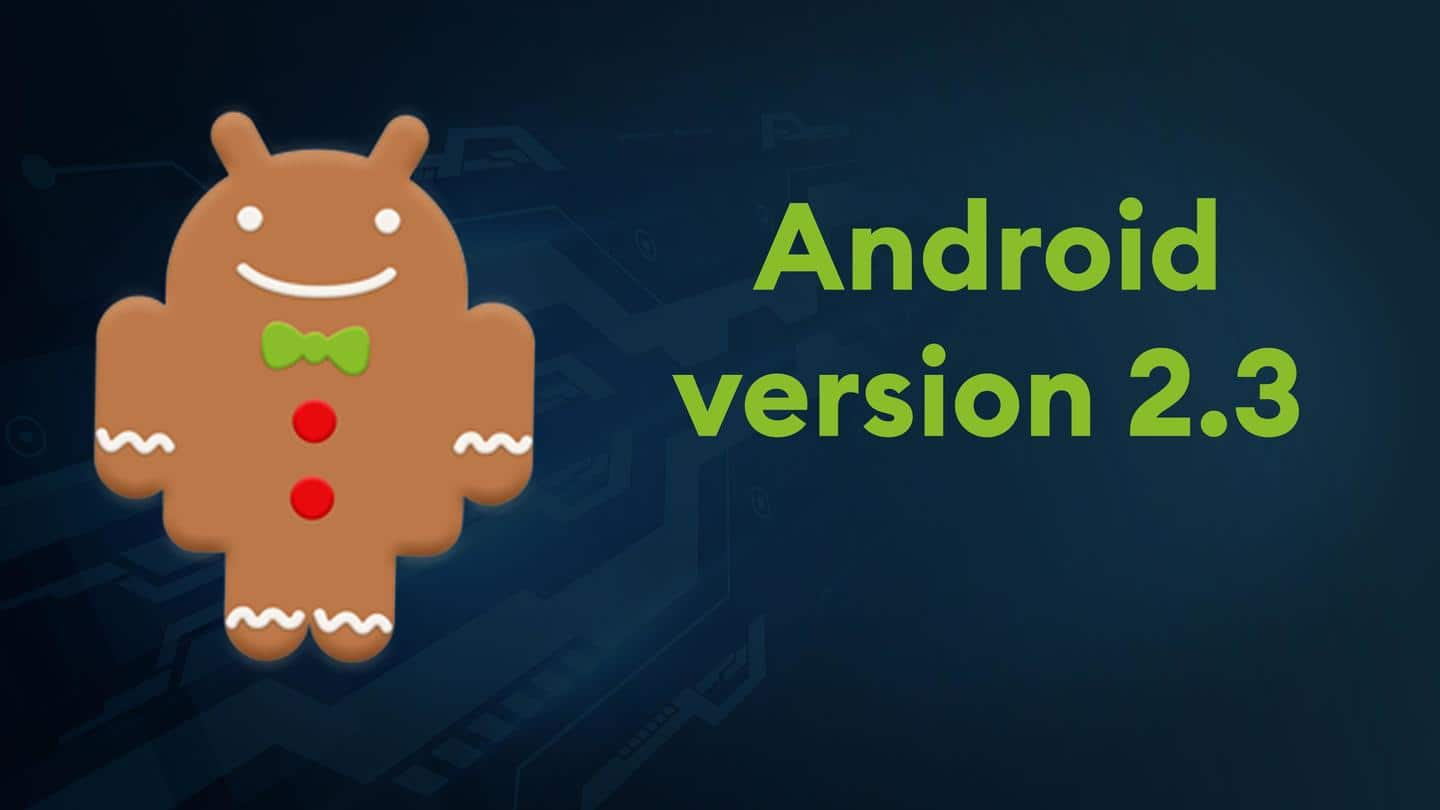
Google withdrawing support for this version of Android: Details here
What's the story
We often take older versions of Android and similar operating systems for granted but they continue to support niche applications and even act as the spine of several modern home automation systems.
On that note, Google has recently announced that people still reliant on Android 2.3 would be locked out of Google services if they don't update.
Here's what would happen and why.
Error!
Now, Google's apps won't work on Android 2.3
Google has released an Android Help support page that said users would be shown a username and password error if they attempted to sign in to any Google service on a device running Android version 2.3.7 or older, starting Monday (September 27).
This includes services such as Google Play, YouTube, Google Maps, and Gmail.
Google said this would help "protect your account's security."
Upgrade now
Google urges to upgrade, or sign-in via browser for access
Google urged users of this ancient Android version (Gingerbread) to upgrade to a newer version. Alternatively, users could sign in to Google services via the built-in web browser. However, this would limit access to certain Google services.
Android 2.3 was launched in 2010 and received its last update to version 2.3.7_r1 on September 21, 2011, over 10 years ago.
Impact
Android 3.0 is now the oldest supported Android version
After this change, Android version 3.0 is now the oldest Android version to still have support for Google's suite of apps.
One might shrug it off, saying "Who even uses Gingerbread today," but Google's change could impact millions of devices, most notably the original Samsung Galaxy S and S2. The former booted Android 2.1 Éclair out-of-the-box and supported Gingerbread.
Details
In H1, 2020, Android 9.0 was most popular Android build
The withdrawal of support for Android 2.3 means that the devices reliant on this operating system including home automation devices, hobby projects, and the like would now be locked out of Google integration.
Separately, according to Statista, Android 9.0 Pie was the most widely used version of Android in the first half of 2020.